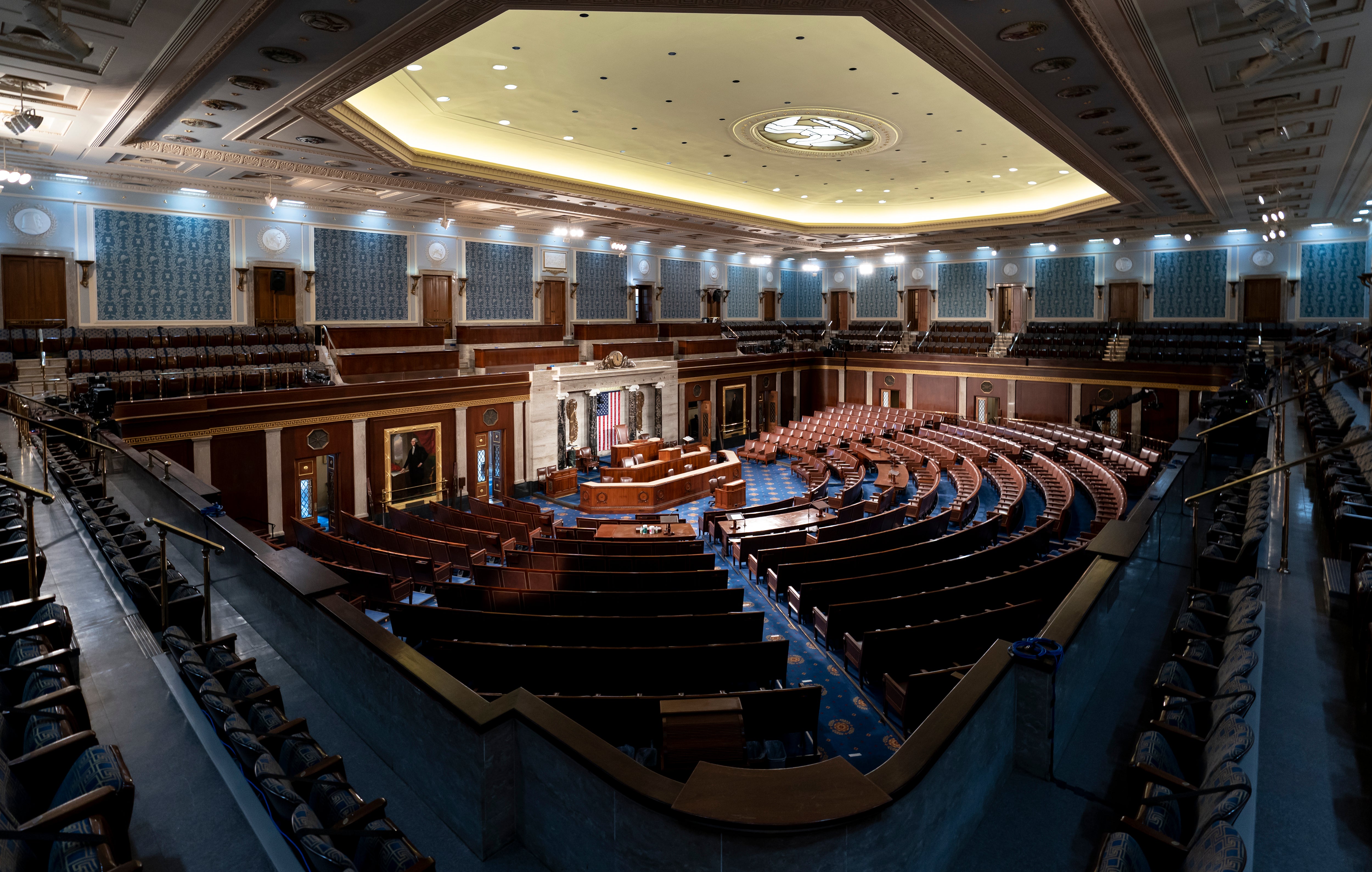Mea Culpa: which pandemic and which invasion?
John Rentoul minds our language in last week’s Independent


For two years now, many of our writers have seemed to worry that our readers will not know to which pandemic they refer. It has been, therefore, the “ongoing pandemic”. Now that it has largely on-gone, at least as far as most news reporting is concerned, the dread adjective has attached itself to the most recent of Vladimir Putin’s invasions of Ukraine. Over the last week we have referred to Ukrainians protesting against “the ongoing invasion of their country” and to “the ongoing conflict”.
We know that Putin annexed Crimea and covertly backed secessionists in eastern Ukraine in 2014, but most of the time we can assume that any reference to an invasion or conflict means the current one. And on those few occasions when we need to distinguish between today and eight years ago, the last word we should use is “ongoing”.
Offputting: I have a similar aversion to “upcoming”, not because it is redundant, but because I think we should use “forthcoming” instead. I realise that this is a matter of personal taste, possibly because I still haven’t got over the shock of hearing people in television refer to an “upsum”, which is a newsreader’s summing-up or, in normal English, a summary.
Elevating: We commented on the Republican Party’s prospects in the midterm elections later this year, referring to the likelihood of “the GOP’s ascension to the majority” in the House of Representatives. The usual word for rising to a higher status is “ascent”; “ascension” tends to be reserved, with a “the”, for Jesus going to heaven, which is not exactly the image we want to evoke in regard to a shift in power in Congress.
We did it again in an article about Viktor Orban, the Hungarian prime minister, saying he had in the past opposed “Ukraine’s ascension into the western economic and military alliances”. In that case even “ascent” seems somewhat value-laden; perhaps we should have said “admission”. Thank you to Philip Nalpanis, who pointed both of these out.
Honours uneven: We called the chief executive of Breast Cancer Now, a charity, Baroness Delyth Morgan in a news report last weekend. It is understandable enough, because her name is Delyth Morgan, and we also want people to know that she is a peer, but our style is that she is Baroness Morgan at first mention, followed by Lady Morgan. We called her Baroness Delyth the second time she was mentioned in the story, as if Baroness had the same rule as Dame or Sir, which is followed by the first name. Until all titles are abolished, it is better to stick to the conventions. Thanks again to Philip Nalpanis.
Americanism watch: Linda Beeley wrote to bemoan the use of the American “likely” to mean “probably”. This was the sentence to which she objected: “The US, UK, EU, Japan and other governments announced strong economic sanctions that left Moscow scrambling to contain what will likely be a calamitous long-term impact on its economy.” There were many others in The Independent last week. Resistance to linguistic change is futile, but, as I have argued before, a more conservative adherence to British English lends authority to our writing.



Join our commenting forum
Join thought-provoking conversations, follow other Independent readers and see their replies
Comments